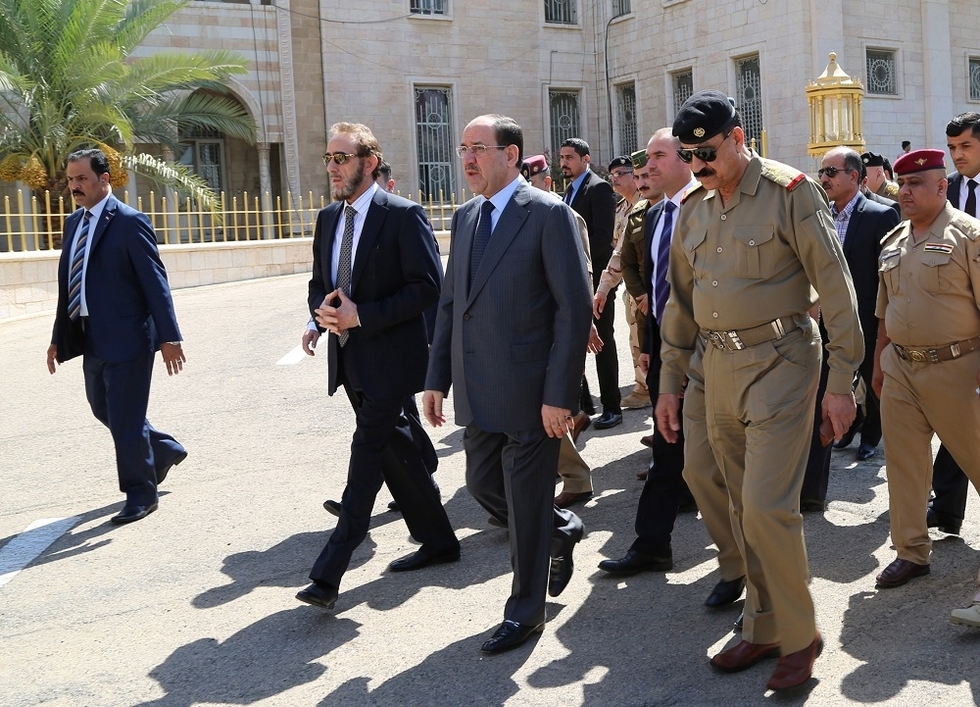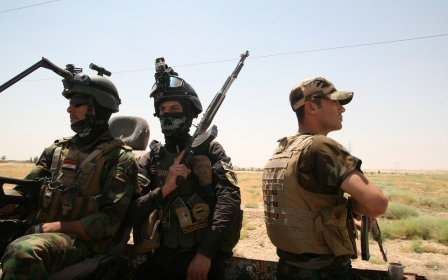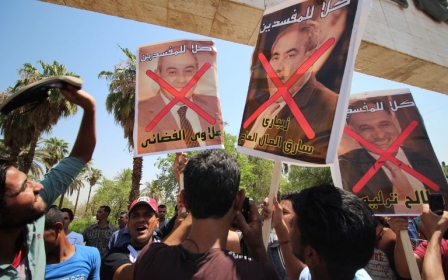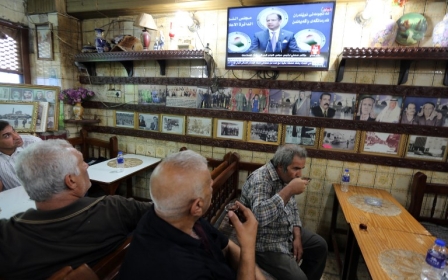Iraq probe finds Maliki, others responsible for Mosul fall: MPs

An Iraqi parliamentary investigation has found ex-premier Nuri al-Maliki and 35 others responsible for the Islamic State group’s swift capture of Mosul, lawmakers said on Sunday.
The report is now being sent for possible legal action, he added.
While various top commanders and political leaders have long been viewed as responsible for the IS’s disastrous takeover of the city in June 2014, the report is the first time they have been named officially.
Investigative committee member MP Abdulrahim al-Shammari said that Maliki, who was prime minister from 2006 until last year, was among those named, as did another member who declined to be identified.
The inclusion of Maliki's name was a source of controversy on the committee, with his Dawa party pushing for it to be omitted.
The report details the investigation’s findings. It has yet to be publicly released but has been presented to parliament Speaker Salim al-Juburi, who said it will be sent to the prosecutor general for legal action.
“No one is above the law and the questioning of the people, and the judiciary will punish” those responsible, Juburi said in a statement.
The news comes the same day that Maliki’s successor, Haider al-Abadi, approved an investigative commission's recommendation that commanders face military justice and probable trial for withdrawing from Ramadi in mid-May without orders.
A month after the fall of Anbar’s provincial capital, Abadi said in televised remarks that the army’s withdrawal was “unauthorised”.
“The withdrawal of the forces from Ramadi was unauthorised - the orders were opposite,” he said. “The forces had to resist, and if they had resisted we would not have lost Ramadi.”
Measures will include “referring a number of the leaders to the military judiciary for leaving their positions without orders and contrary to instructions [and] despite the issuance of a number of orders not to withdraw,” a statement from his officer said.
Ramadi fell to the Islamic State group after government forces had held out against militants in the city west of the capital for more than a year, in the worst setback for Baghdad in months.
A senior British military officer, Brigadier Christopher Ghika, said earlier the city “was lost because the Iraqi commander in Ramadi elected to withdraw”.
Ever since IS launched a devastating offensive on 9 June last year, overrunning Mosul the next day and then sweeping through large areas north and west of Baghdad, many critics have argued that the army has been an inherent part of the problem and that corrupt commanders have given up US-made weapons as well as army secrets to IS in exchange for large payoffs.
Maliki, who was pressured to step down in the wake of the crisis, is also widely viewed as having exacerbated sectarian tensions between the country's Shia majority and the Sunni Arab minority, which many believe helped to fuel the rise of IS.
He has been blamed for appointing commanders based on personal loyalty rather than competence and failing to carry out necessary military training while he was commander-in-chief.
New MEE newsletter: Jerusalem Dispatch
Sign up to get the latest insights and analysis on Israel-Palestine, alongside Turkey Unpacked and other MEE newsletters
Middle East Eye delivers independent and unrivalled coverage and analysis of the Middle East, North Africa and beyond. To learn more about republishing this content and the associated fees, please fill out this form. More about MEE can be found here.




